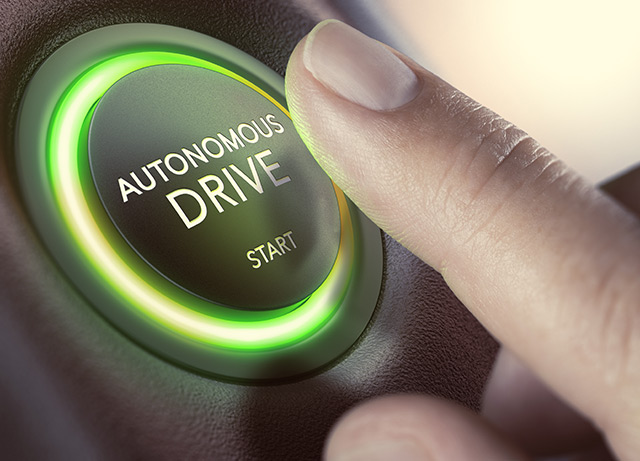Walmart has recently tested a facial recognition software, known as FaceFirst, which can purportedly stop shoplifters dead in their tracks. The system alerts security, provides information about the suspect’s profile and recommends appropriate actions. Despite these benefits, however, experts have expressed privacy concerns over this technology.
Joe Rosenkrantz, CEO of FaceFirst, told sources that this technology has the potential to revolutionize security in every store. Nevertheless, Walmart has so far been the only major retailer that admitted to using the face scanning technology.[1]
Walmart tested the facial recognition software for several months before discontinuing it because they failed to make a return on their investment. Walmart’s discontinuation of FaceFirst suggests that reducing the number of shoplifters did not outweigh the costs attached to the technology.
How to trace a face
Other retailers, like Walgreens and Home Depot, claimed they do not use the facial recognition software, whereas Target neither confirmed nor denied using such technology.[1]
Facebook, on the other hand, has used facial recognition software on its site for quite some time now. They even recently released a new app that scans a phone’s camera in order to make photo sharing easier.[1]
As the name suggests, FaceFirst has a camera that takes a photo of a person’s face. The software then matches the photo of an existing offender with a gallery of alleged offenders. Images of innocent shoppers are discarded. Retailers only store photos of alleged offenders or people who resemble alleged offenders.
It’s not yet known how well this technology works. Nevertheless, Rosenkrantz claims that it provides accurate results 98 to 100 percent of the time. Each server is capable of processing roughly one million facial matches per second.[1]
Privacy advocates protest facial recognition software
The biggest challenge facing this technology is privacy. In particular, there’s a chance FaceFirst could be abused by retailers, especially casinos. Some retailers are even considering using the technology to identify and reward loyal customers.
Privacy advocates note that this technology’s ability to identify persons based on their face, rather than their name, is invasive. The debate ultimately centers on whether retailers should notify shoppers of the technology and provide opt-out options.
“You can change your password and your credit card number; you cannot change your fingerprints or the precise dimensions of your face,” the privacy groups said in a joint statement.[1]
“Through facial recognition, these immutable, physical facts can be used to identify you, remotely and in secret, without any recourse,” the groups added.[1]
Multiple groups signed the statement, including Center for Democracy and Technology, the Center for Digital Democracy, Consumer Federation of America, Common Sense Media and the Electronic Frontier Foundation.[1]
An initiative to create rules for the technology earlier this summer ended, to no avail. The goal of the negotiations was to agree on some voluntary protocols for FaceFirst that wouldn’t infringe upon consumer privacy. The Commerce Department’s National Telecommunications and Information Administration acted as the negotiator.
The two sides negotiated for nearly 16 months, until the nine major privacy groups involved stated that an agreement could not be reached, and declared, “People deserve more protection than they are likely to get in this forum.”
“At a base minimum, people should be able to walk down a public street without fear that companies they’ve never heard of are tracking their every movement — and identifying them by name — using facial recognition technology,” the groups said.
“Unfortunately, we have been unable to obtain agreement even with that basic, specific premise.”
Walmart has refused to comment on the privacy implications of the technology. Microsoft stated it supports the idea that customers must first agree to be captured by FaceFirst before such technology is used on them.
Source:
[1] DailyMail.co.uk




















